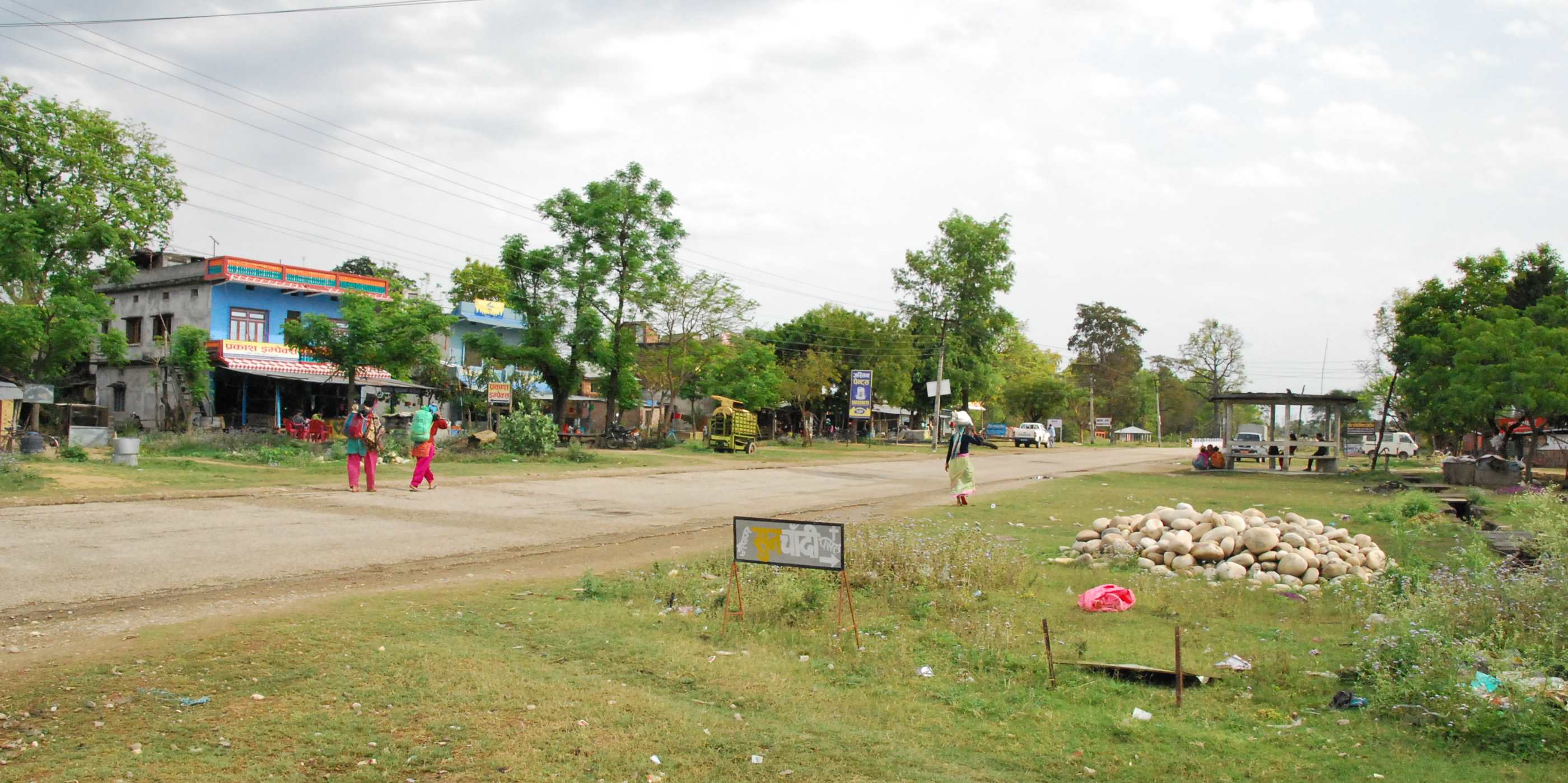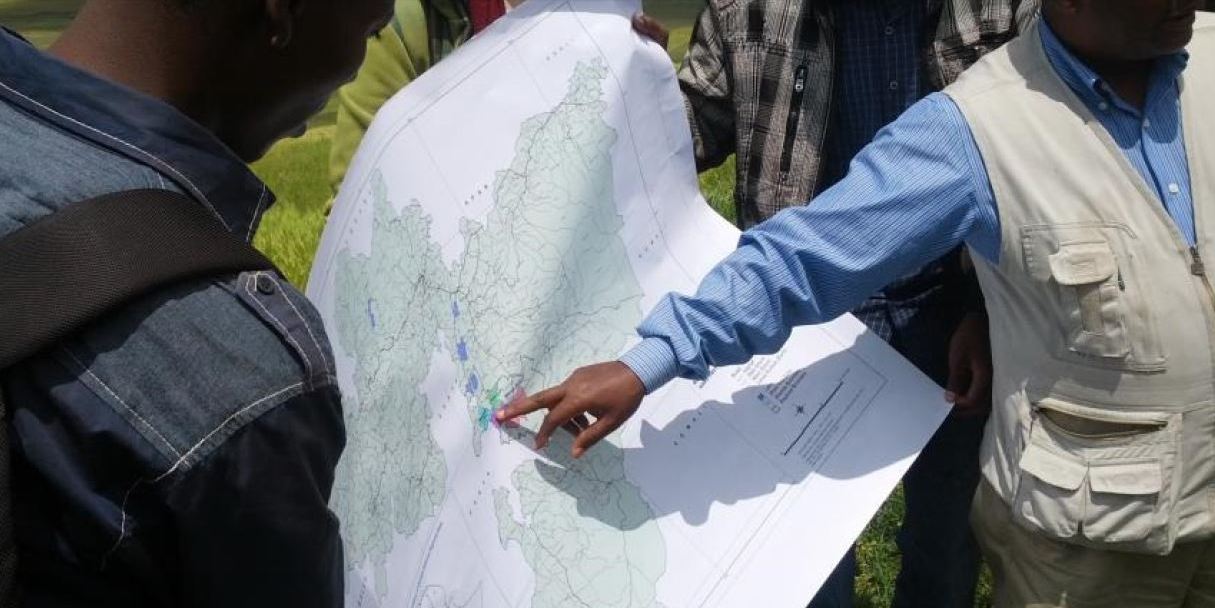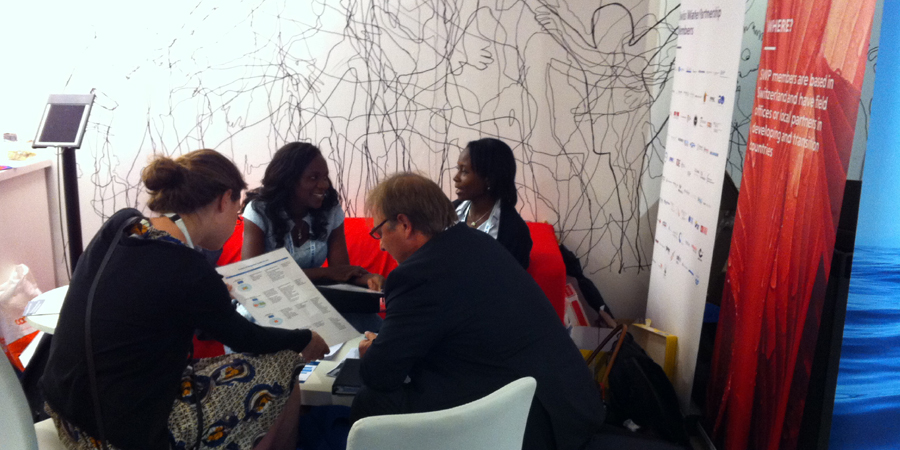
This year’s Stockholm World Water Week will take place from 28th August – 2 September. This conference for experts, practitioners, decision-makers and business innovators from a range of sectors and countries is to network, exchange ideas, foster new thinking and develop solutions to the most pressing water-related challenges of today.
The Swiss Water & Sanitation Consortium will participate at the booth of the Swiss Water Partnership (SWP). We will present what we do and share information on our promising approaches and experiences. With a focus on the Blue Schools – which in the framework of the Consortium have found its way to several countries – we want to show others, how working as a Consortium makes a difference. Furthermore, we aim to have exchanges with other alliances and networks to learn from them.
Join us at the following events:
- Working in alliances for improved learning and collective impact?
Discussion with representatives from the Swiss Water & Sanitation Consortium, German Toilet Organisation and Partnerships in Practice.Mon 29 – 12:30 – 13:00
Swiss Water Partnership booth Nr. 6
- Share, learn, scale-up – how working as a Consortium makes a difference
Presentations and exchange on the Swiss Water & Sanitation Consortium with a focus on the Blue Schools approachTue 30 – 10:30 – 13:00
Swiss Water Partnership booth Nr. 6
- Boosting the local-global interaction for sustainable water policies development
Discussion with representatives from the International Secretariat for Water, Swiss Agency for Development and Cooperation, Swiss Water & Sanitation Consortium, European Youth Parliament for Water and all interested people.Tue 30 – 17:30 – 18:15
Swiss Water Partnership booth Nr. 6
Links:

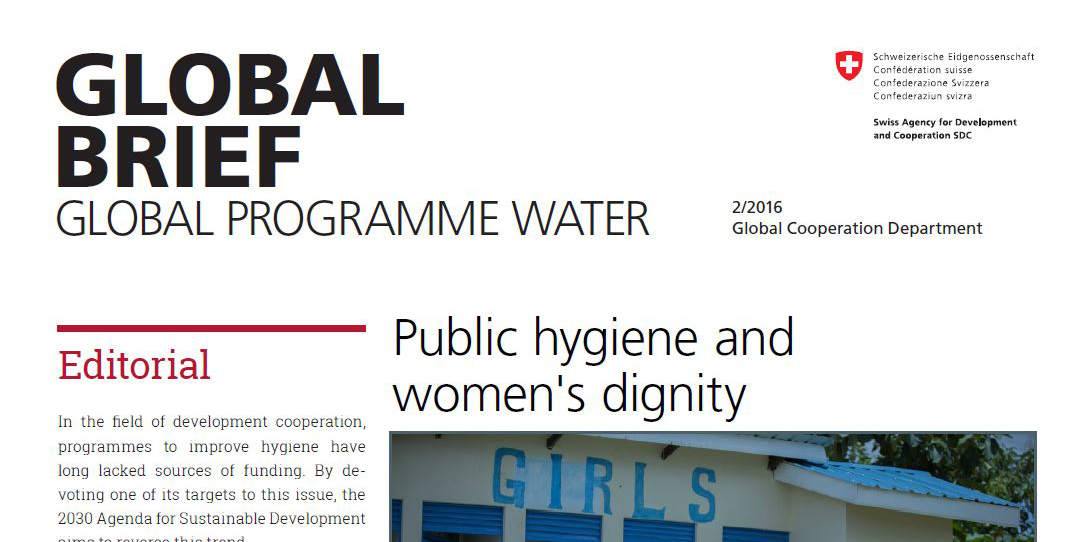
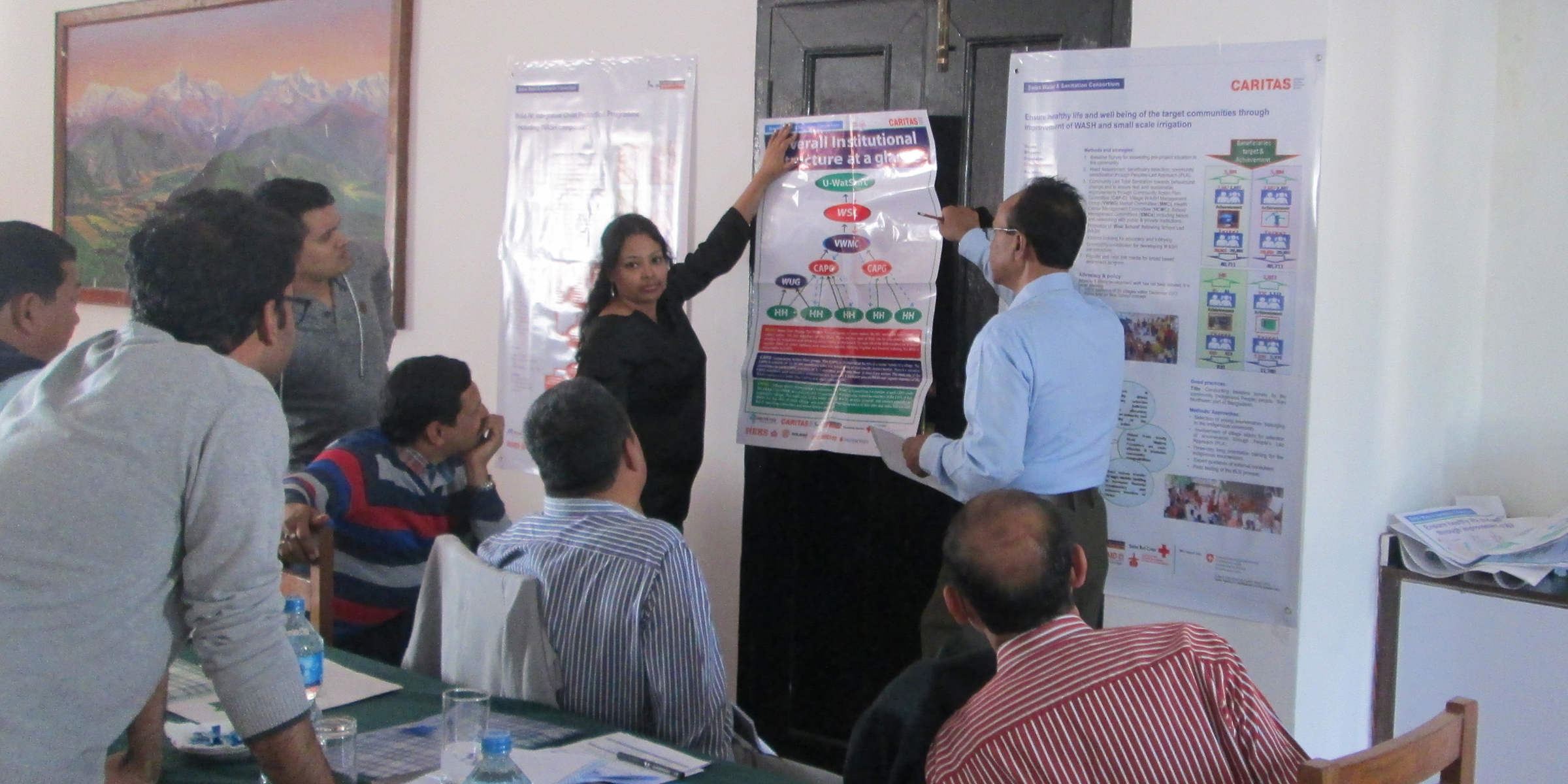
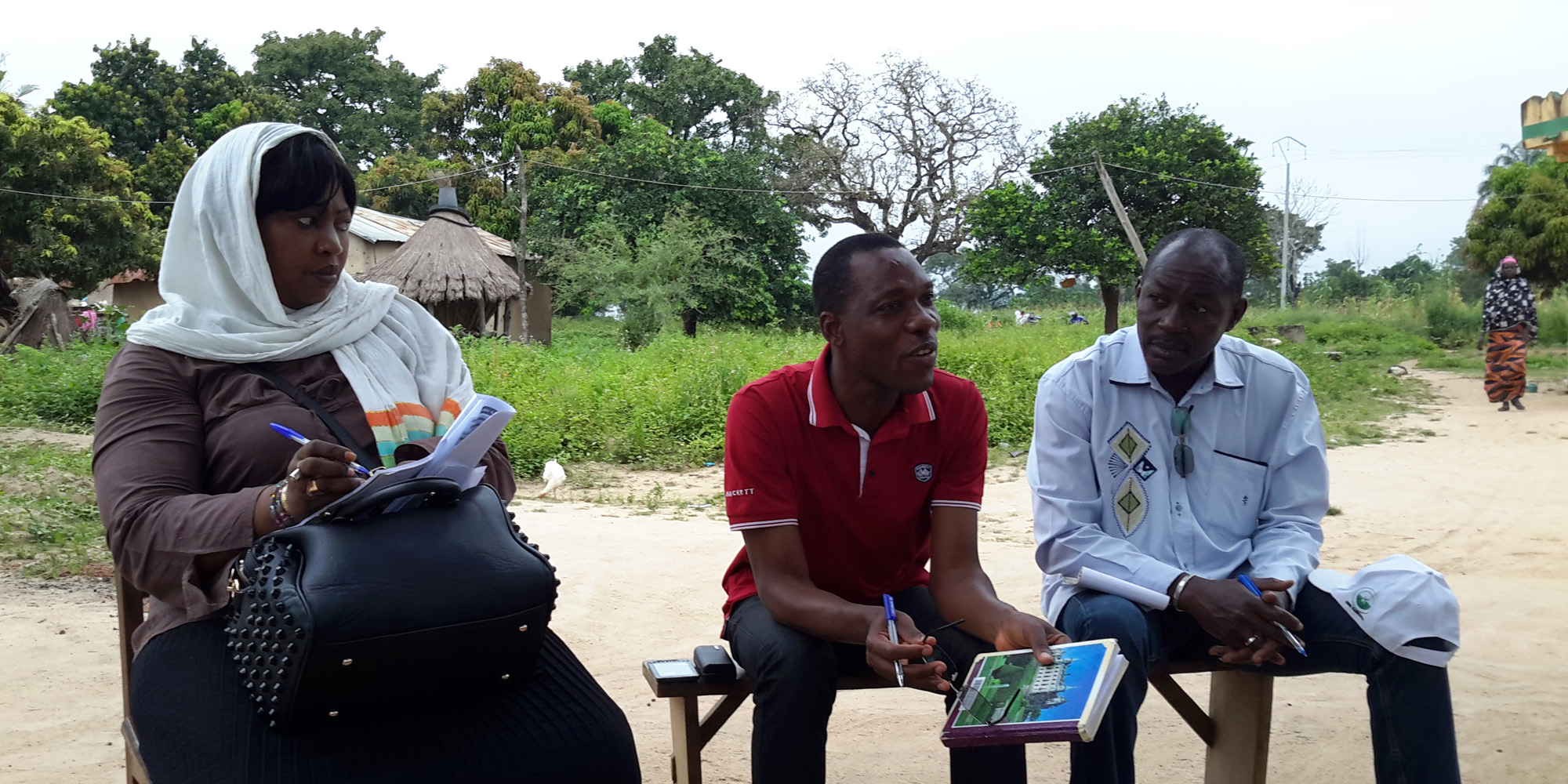 The second regional workshop in Francophone Africa was held from 12 to 15 October 2015 in Sokode, Togo. It was an opportunity for all projects of the group to come together to share experiences, learn from each other and improve the quality of their interventions. Through presentations, movies, group work and a field visit, 26 participants from 6 different countries (Mali, Niger, Togo, Benin, Madagascar, Switzerland) have shared their experiences and knowledge.
The second regional workshop in Francophone Africa was held from 12 to 15 October 2015 in Sokode, Togo. It was an opportunity for all projects of the group to come together to share experiences, learn from each other and improve the quality of their interventions. Through presentations, movies, group work and a field visit, 26 participants from 6 different countries (Mali, Niger, Togo, Benin, Madagascar, Switzerland) have shared their experiences and knowledge.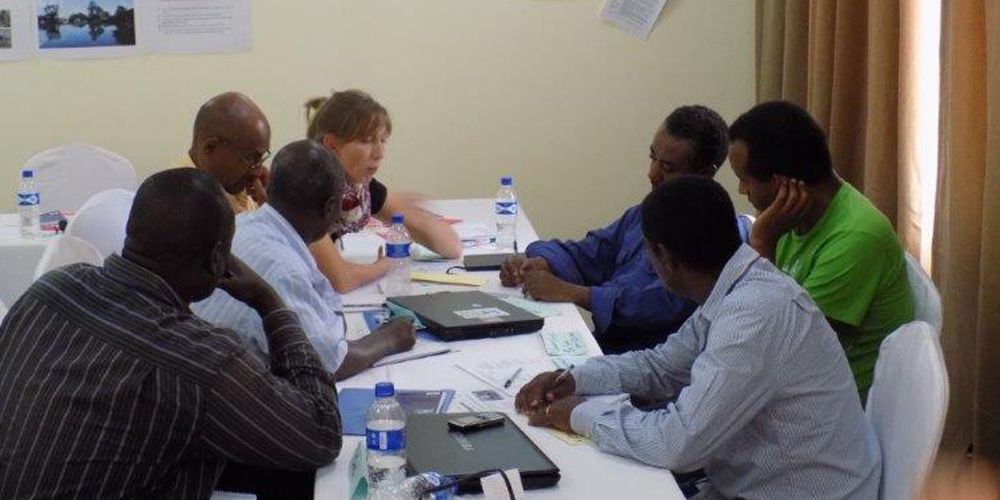 The Regional Workshop for Eastern and Southern Africa was held from 21-24 September 2015 in Pemba, Mozambique and brought together Consortium partners from Ethiopia, Mozambique and South Sudan. The main objectives of the workshop were to:
The Regional Workshop for Eastern and Southern Africa was held from 21-24 September 2015 in Pemba, Mozambique and brought together Consortium partners from Ethiopia, Mozambique and South Sudan. The main objectives of the workshop were to: